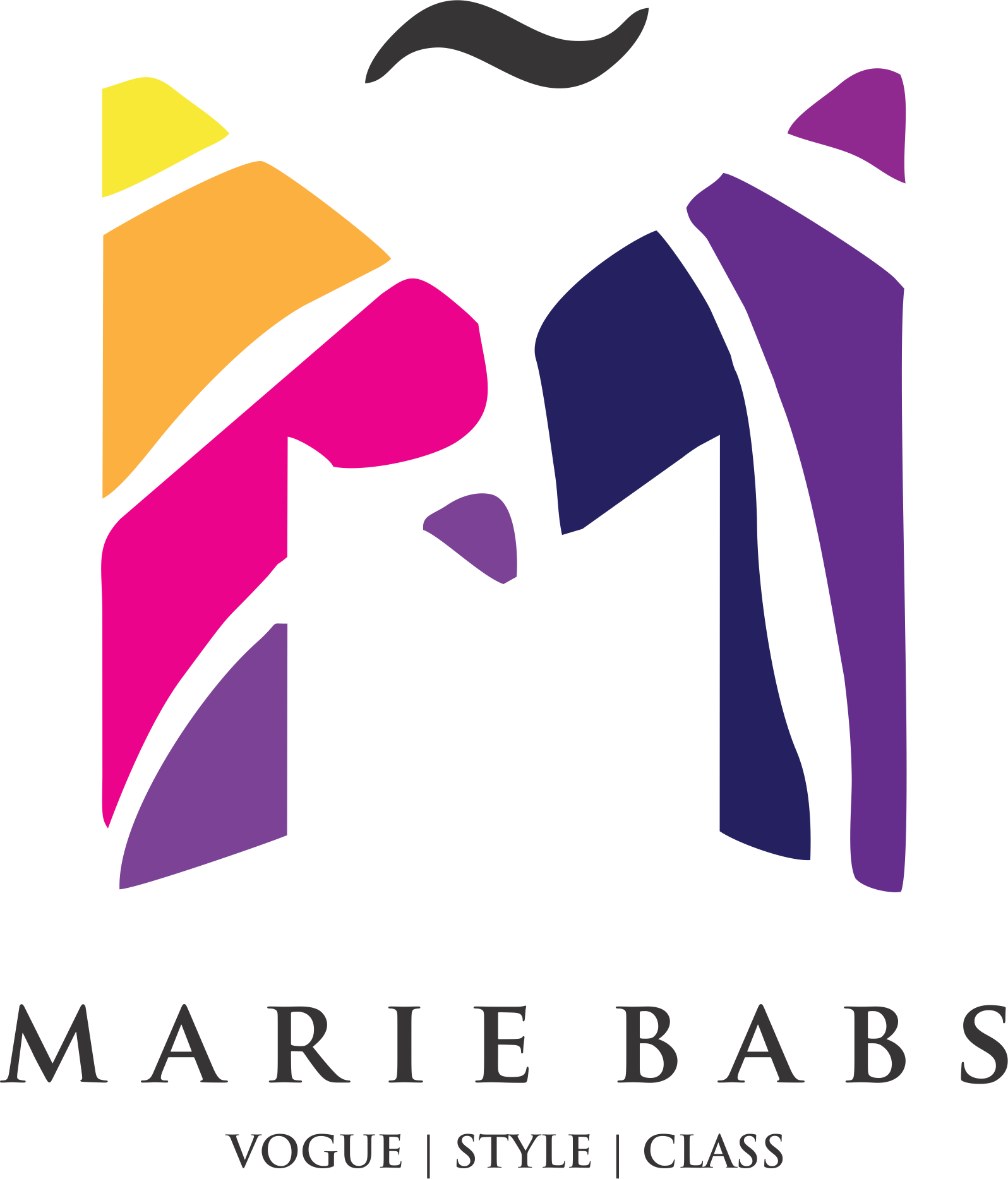Introduction
The Nigerian fashion industry is a vibrant and dynamic sector that has been growing steadily in recent years. With a population of over 200 million people and a diverse cultural heritage, Nigeria is a rich source of inspiration for fashion designers and entrepreneurs. This report provides an overview of the Nigerian fashion industry, its historical context, current state, trends, opportunities, and future outlook.
Table of Contents
- Introduction
- Historical Context of the Nigerian Fashion Industry
- Current State of the Nigerian Fashion Industry
- Trends in the Nigerian Fashion Industry
- Opportunities in the Nigerian Fashion Industry
- Future Outlook of the Nigerian Fashion Industry
- Conclusion
Historical Context of the Nigerian Fashion Industry
Nigeria’s fashion industry has a rich and diverse history that dates back to pre-colonial times. Traditional textiles, such as adire, aso-oke, and kente, have been an integral part of Nigerian culture for centuries. The arrival of European traders and colonizers brought new materials and styles that influenced Nigerian fashion. In the post-independence era, Nigerian fashion evolved to reflect the country’s cultural diversity, political aspirations, and social changes.

Current State of the Nigerian Fashion Industry
The Nigerian fashion industry is a significant contributor to the country’s economy, with an estimated value of $4.7 billion in 2020. The industry comprises designers, manufacturers, retailers, and other players who cater to a diverse market of consumers. Nigerian fashion has gained global recognition, with designers such as Lisa Folawiyo, Deola Sagoe, and Mai Atafo showcasing their work on international runways.
However, the industry still faces significant challenges, including limited access to finance, inadequate infrastructure, and intellectual property theft. The COVID-19 pandemic has also affected the industry, leading to disruptions in the supply chain and a decline in consumer spending.
Trends in the Nigerian Fashion Industry
Nigerian fashion is known for its bold colors, prints, and patterns. Recent trends in the industry include the incorporation of traditional textiles into contemporary designs, the use of sustainable and eco-friendly materials, and the growth of e-commerce and online retail platforms. There is also a growing interest in modest fashion, driven by the increasing demand for modest clothing by Muslim women.
Opportunities in the Nigerian Fashion Industry
The Nigerian fashion industry offers significant opportunities for investors, entrepreneurs, and other players. Investment opportunities include funding for designers, manufacturers, and retailers, as well as the development of infrastructure and logistics. The industry also has the potential to create jobs and contribute to economic development, particularly in rural areas.
Nigerian fashion also has export potential, with demand for African-inspired designs growing globally. However, there is a need for greater investment
in branding, marketing, and intellectual property protection to enable Nigerian designers and brands to compete effectively in the international market.
Future Outlook of the Nigerian Fashion Industry
The Nigerian fashion industry has significant potential for growth and expansion. The government has recognized the importance of the industry and has introduced policies and initiatives to support its development. For example, the Nigerian Economic Sustainability Plan includes a Fashion Industry Implementation Plan that aims to create jobs, support small and medium-sized enterprises, and promote local content.
Technology is also expected to play a significant role in the future of the Nigerian fashion industry. E-commerce and online retail platforms are likely to become more prominent, enabling Nigerian designers and brands to reach a wider audience. There is also the potential for technology to improve manufacturing and production processes, reduce costs, and increase efficiency.
Conclusion
In conclusion, the Nigerian fashion industry is a vital sector that has significant potential for growth and development. Despite the challenges it faces, the industry has continued to innovate and evolve, reflecting the creativity and resilience of Nigerian designers and entrepreneurs. With the right policies, investment, and support, the industry can contribute significantly to economic development, job creation, and the promotion of Nigerian culture and identity.
Read News and other featured articles on www.Yessiey.com




